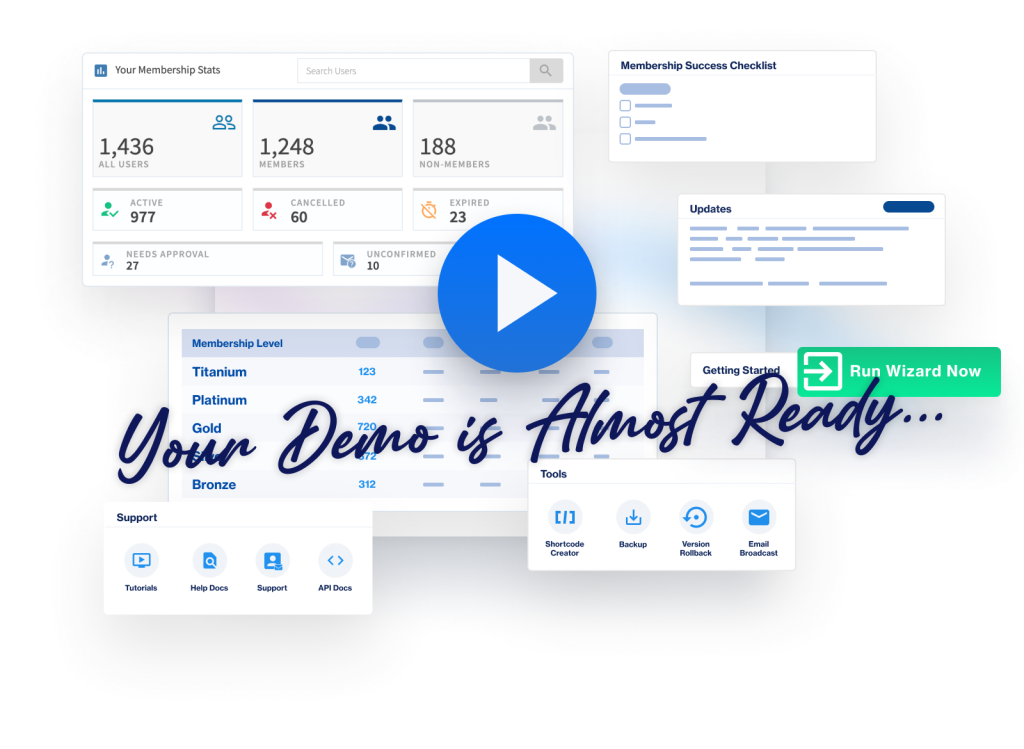WishList Member makes use of built-in WordPress caching functions to cache data which may be computationally expensive to regenerate.
By default, the object cache is non-persistent. This means that data stored in the cache resides in memory only and only for the duration of the request. Cached data will not be stored persistently across page loads unless you install a persistent caching plugin.
Persistent Caching Plugins allows for cache data to be available across page loads thus making the overall speed of your website faster.
Cookie Prefix
Certain web servers can be configured so that caching is disabled if a cookie name matching a certain pattern is found. This is the purpose ofWishList Member’s Cookie Prefix setting found in Advanced Options > Caching. By default this is set to “wlm_” but can be changed to anything the site admin wishes it to be.
A server admin can then configure server caching to ignore pages with cookies prefixed with this.
For example, if WishList Member’s Cookie Prefix is set to “wlm_” then caching software can be configured to ignore pages if a cookie starting with “wlm_” is found such as “wlm_wishlist_reg_cookie”, etc.
Registration Page Being Cached
Most cache plugins will have a setting for this. Or, most servers/hosting providers can make these kinds of adjustments. Then they will only deliver cached pages to non-logged in users.
If a member is logged in, it ignores the cache, etc.
You also do not want to cache any registration pages.
To avoid any potential issues, most cache plugins or servers have a method for you to exclude pages from their caching.
Adding the following WishList Member pages as exclusions should prevent issues:
/wishlist-member
/register
/wp-login
Caching for Logged in Users
Since WishList Member servers different content to different users depending on their membership levels, it’s best to configure caching software to bypass caching if a user is logged in.
—
Additional details can be found in the Cache – Trouble Shooting Knowledge Base article.
